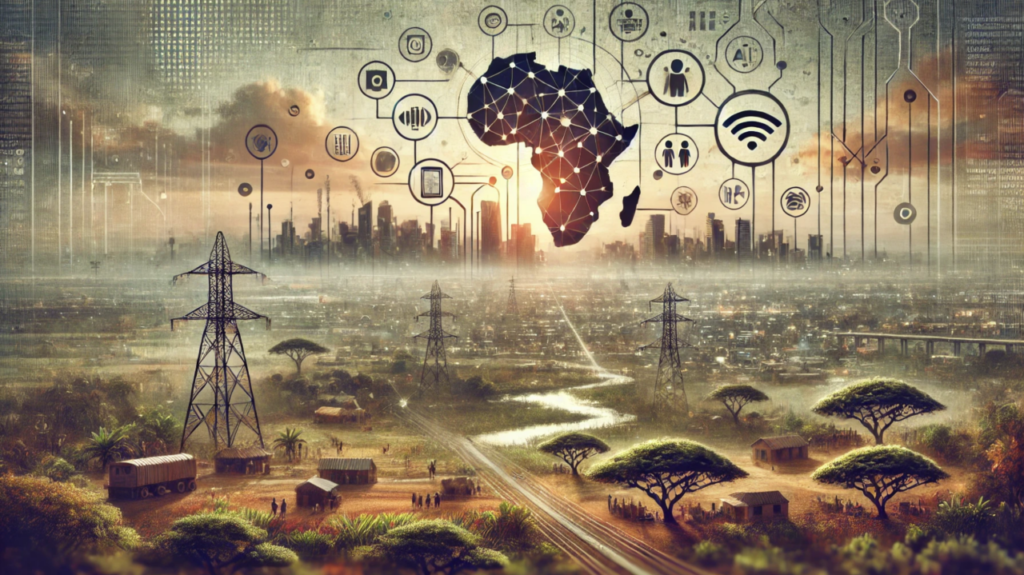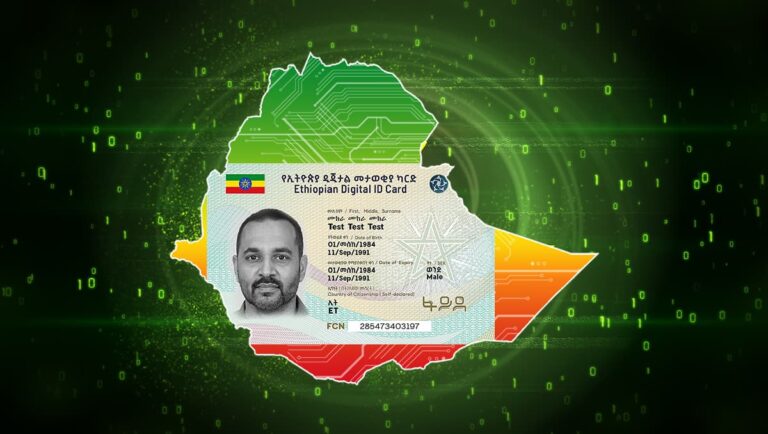
With numerous technologies opening up opportunities ranging from the emergence of well-known finance platforms to medical recording keeping to remote work, Africa’s future rests on the digital revolution. Digital security has lagged behind catalytic digitization, though. Cyberattacks cost African economies more than $3.5 billion in 2017.
In a time when all sectors of industry are becoming more digitally connected, access, security, and trust become top concerns. How does the continent manage the dangers while balancing digitization for innovation, prosperity, and development? The establishment of the African Continental Free Trade Area, which has the potential to transform intra-African trade, makes this particularly relevant. How can Africa might become a global economic leader and change as a result of a world that is becoming more digitally connected.
African areas can be connected through digitization in key ways:
- Better connectivity and communication: digital platforms and high-speed internet
- Digital commerce platforms: Online marketplaces have the ability to link customers and merchants from various African nations.
- Simplified customs processes: By cutting down on paperwork and processing times, digital customs systems can speed up cross-border trade and increase trade efficiency.
- Financial inclusion: Access to financial services can be made possible by digital banking and mobile money.
- Knowledge exchange and capacity building: Training initiatives and knowledge transfer can be facilitated by online platforms.
Through improved information flow, lower trade barriers, cross-border commerce, improved market accessibility, cross-border business-government collaboration, and the provision of basic services like healthcare and education to remote areas, digitization can aid in the integration and connectivity of African regions, ultimately fostering economic development and regional integration throughout the continent.
Significant investment is required to expand broadband access, especially in rural areas, through fiber optic networks, mobile network upgrades (including the rollout of 5G), building data centers, and utilizing cutting-edge technologies like satellite internet. Additionally, training programs and affordability issues must be addressed to bridge the digital divide, and governments, the private sector, and international organizations must work together to ensure equitable access and policy frameworks that support the development of digital infrastructure.
Increased social expenditure, targeted government transfers, and affirmative action to spread asset ownership and encourage entrepreneurship among the once underprivileged have been the main focuses of efforts to reduce inequality. The ability to further employ fiscal policy for redistribution is being diminished by rising debt.
All things considered, digitization has enormous potential to close geographic divides in Africa and promote social development, economic expansion, and regional integration by facilitating easy connectivity and information access throughout the continent.








